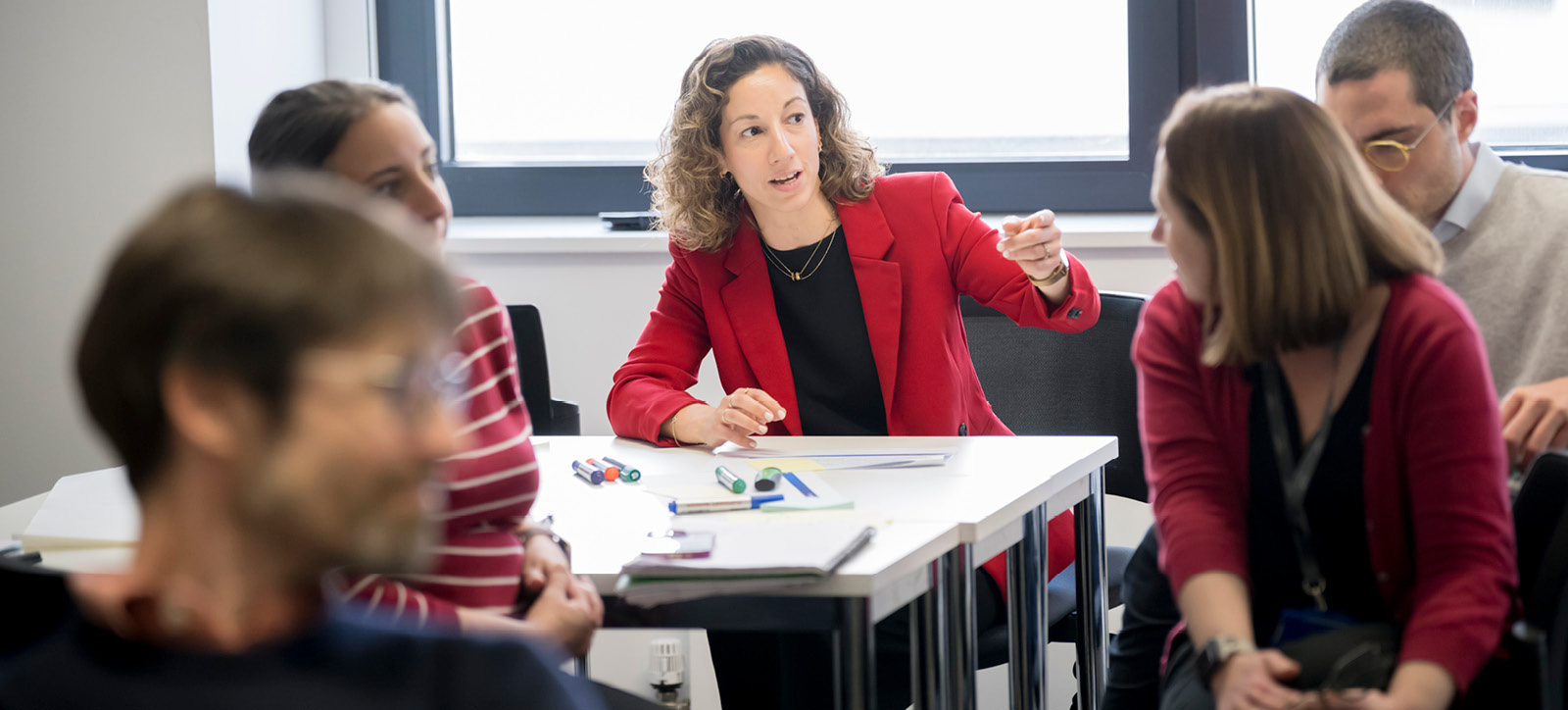
Research powerhouse: Warwick Business School is among the world's elite research institutions according to the Financial Times
The quality and influence of Warwick Business School’s research has been recognised with the annual Financial Times Research Insights Ranking placing it fourth in the UK.
After analysing which research produced by the more than 16,000 business schools across the globe is actually read by non-academics, used by governments or reached the public in the media, the FT Research Insights Ranking has named the world’s top 50, with just four from the UK making the list and WBS being placed in the global top 40.
And in the category for business schools’ impact on Government policy WBS is third in the UK and 22nd in the world. It follows the most recent UK Government Research Excellence Framework rating 93 per cent of the School’s research outputs ‘world-leading’ or ‘internationally excellent’.
WBS has leading research centres like the Gillmore Centre for Financial Technology and the Enterprise Research Centre, while it has won sizeable research funding contracts to help the UK Government, such as the £2 million Network for Integrated Behavioural Science project and the EXploring Innovations in Transition to Adulthood initiative that received £1.6 million.
Andy Lockett, Professor of Strategy and Entrepreneurship and Dean of WBS, said: “This ranking reflects the hard work and intellectual rigour of our faculty.
“We’ve always believed that business research should do more than sit on a shelf; it should inform practice, influence policy, and inspire change. To be recognised by the Financial Times for both research excellence and policy impact is a proud moment for the School.
“As a School for the Change Makers this ranking is evidence of the impact our academics have, and their dedication to have a positive effect on society.”
Being placed 39th in the global ranking emphasises how WBS research has significantly influenced UK Government policy, from improving employment outcomes for 7.9 million disabled people and shaping NHS front-line services, to guiding national energy security strategy and regional economic development. Its scholars have also helped NASA build a strategy for the new space age, advanced productivity policy for the UK’s small and medium-sized enterprises (SMEs) and expanded the use of behavioural science in public decision-making.
The Financial Times evaluated business schools globally based on the quality, volume, and impact of their published research.
Its ranking draws on data from top-tier journals, citation metrics, and policy relevance, with a particular emphasis on how research contributes to real-world decision-making.
Research aligned with UN Sustainable Development Goals
Another metric measured how much business schools’ research aligned with the United Nations Sustainable Development Goals.
Neil Stewart, Pro-Dean (Research, Engagement & Impact), said: “Our researchers work across disciplines and borders, tackling complex problems with innovative methods. Whether it’s behavioural science informing public health strategies or finance research shaping regulatory frameworks, our work is designed to make a difference.
“The School’s strong showing in policy impact reflects our active engagement with Government bodies and think tanks, particularly through our contributions to UK economic policy and behavioural interventions.
“The ranking reinforces our reputation as a research powerhouse within the Russell Group and beyond. Our strategic investment in interdisciplinary research and its emphasis on societal relevance appears to be paying dividends.
“We’re committed to pushing boundaries not just in business education, but in how research can help solve the world’s most pressing challenges.”
Discover more about Warwick Business School’s Change Makers.




 X
X Facebook
Facebook LinkedIn
LinkedIn YouTube
YouTube Instagram
Instagram Tiktok
Tiktok